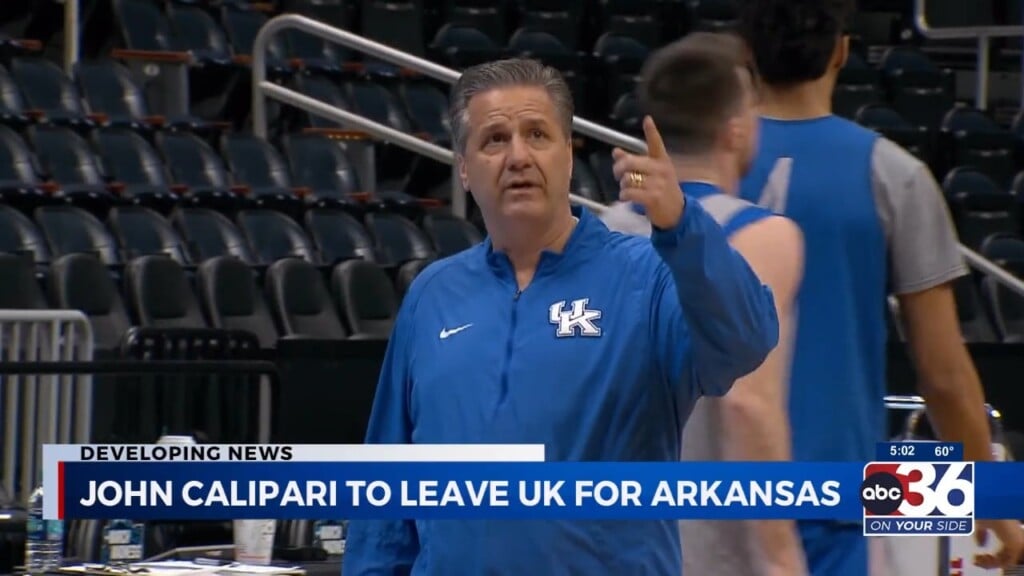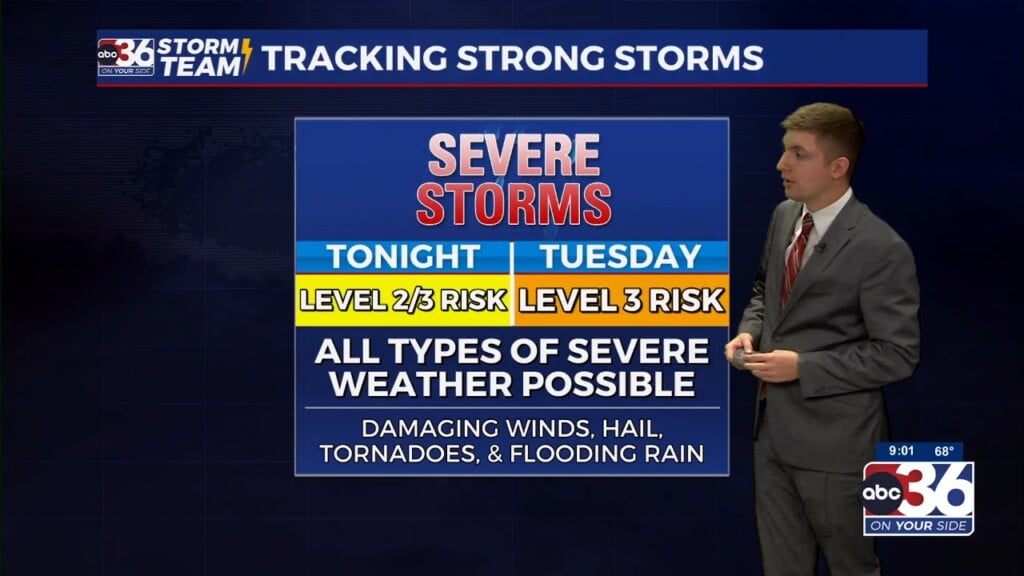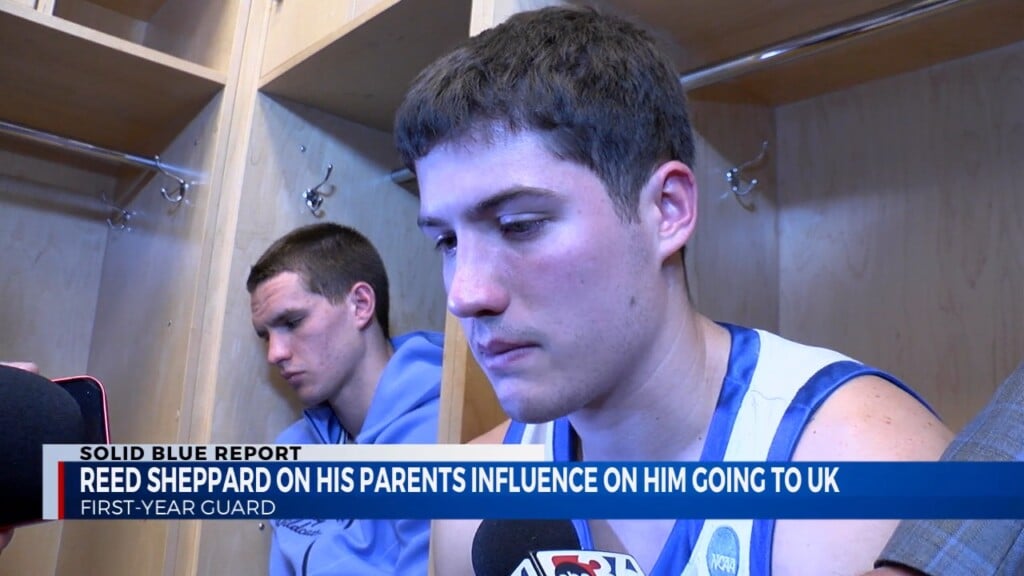The Latest: Syrian Kurds seek US-led coalition air cover
BEIRUT (AP) — The Latest on Syria (all times local):
1:20 p.m.
U.S.-backed Syrian Kurdish forces say they want the international coalition to provide air cover over northern Syria, to protect them from Turkish and Syrian government air raids.
Ilham Ahmad, the co-president of the Syrian Democratic Council which also includes representatives of Arab factions in northern Syria, said on Wednesday that their local commanders have asked the United States to bar Turkish and Syrian jets from flying over Rojava, the predominantly Kurdish-area in northern Syria that is under the Kurds’ autonomous rule.
The SDC is the political arm of the Syrian Democratic Forces, the U.S.’s main partner in the struggle to defeat the Islamic State group in northern Syria.
Turkey says one of the Kurdish groups represented in the SDF is an extension of an outlawed insurgent Kurdish group within its own borders.
Turkish air strikes killed 20 Syrian Kurdish fighters affiliated with SDF in airstrikes that Ankara conducted early on Tuesday morning on Kurdish rebel positions in Syria and Iraq.
___
12:15 p.m.
The Kremlin says a new French government report that blames the Syrian government for a deadly chemical attack earlier this month is not enough to prove who was behind it.
France’s foreign minister said on Wednesday that chemical analysis of samples taken from the attack shows that the nerve agent used “bears the signature” of President Bashar Assad’s government.
Speaking to reporters on Wednesday, Kremlin spokesman Dmitry Peskov said Russia’s position on the attack is “unchanged” and that “that the only way to establish the truth about what happened near Idlib is an impartial international investigation.”
Russia has previously urged for an international probe, and Peskov expressed regret that the Organization for the Prohibition of Chemical Weapons has turned down the Syrian government’s offers to visit the site of the attack and investigate.
___
11:50 a.m.
The Organization for the Prohibition of Chemical Weapons is marking its 20th anniversary at a ceremony that comes just three weeks after dozens of people were killed in a suspected nerve gas attack in Syria.
While the Nobel Peace Prize-winning global chemical weapons watchdog is widely seen as a disarmament success story, Wednesday’s ceremony at the historic Knights Hall in The Hague comes against a backdrop of repeated uses in recent years of chemicals in Syria’s grinding civil war.
The OPCW is responsible for implementing the Chemical Weapons Convention, which entered into force on April 29, 1997, and has 192 member states, including Syria. Since its inception, the organization has overseen the destruction of some 95 percent of the world’s declared stocks of chemical weapons.
___
11:35 a.m.
France’s foreign minister says chemical analysis of samples taken from a deadly sarin gas attack in Syria shows that the nerve agent used “bears the signature” of President Bashar Assad’s regime and shows it was responsible.
Jean-Marc Ayrault said Wednesday that France now knows “from sure sources” that “the manufacturing process of the sarin that was sampled is typical of the method developed in Syrian laboratories.”
He added that “this method bears the signature of the regime and that is what allows us to establish its responsibility in this attack.”
___
11:10 a.m.
Russian Foreign Minister Sergey Lavrov says the airstrike that the United States launched at a Syrian military base earlier this month damages the prospects of a political settlement for the war-torn country.
The airstrike was in response to a chemical weapons attack on April 4 on a northern Syrian town that Washington blamed on the Syrian government.
Lavrov told a security conference on Wednesday the attack as a pretext for a regime change in Syria and said the U.S. response “pushes the prospect for a wide international front on terror even further away.”
Defense Minister Sergei Shoigu said earlier on Wednesday Russia had to boost security measures at its air base in Syria after the airstrike. Russia has provided an air cover for the government’s offensive on Islamic State militants.




Leave a Reply